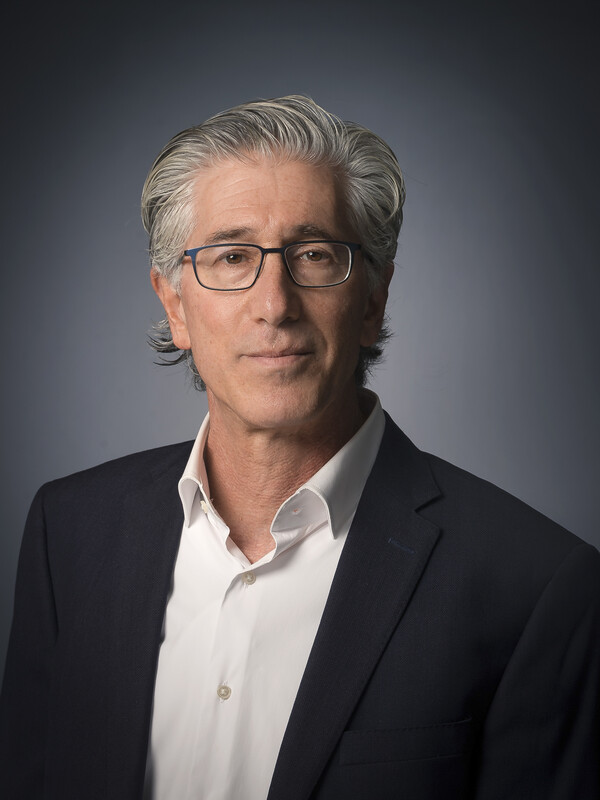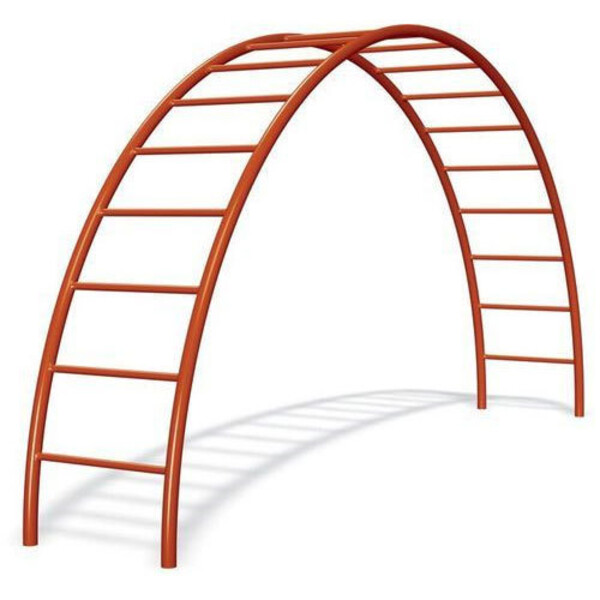Main Second Level Navigation
- Welcome
- Why Toronto?
- History of the Department
- Vision & Strategic Priorities
- Our Leadership
- Our Support Staff
- Location & Contact
- Departmental Committees
- Department of Medicine Prizes & Awards
- Department of Medicine Resident Awards
- Department of Medicine: Self-Study Report (2013 - 2018)
- Department of Medicine: Self-Study Report (2018 - 2023)
- Communication Resources
- News
- Events
Chair's Column: Towards Improving the Late Career Transition Experience
Late career transition from academic medicine is not an easy topic for discussion, but an important one. How physicians transition from full practice to full retirement affects patients, colleagues, and families.
A growing proportion of faculty members are choosing to continue to work full-time well beyond the typical retirement age for physicians. Thus, in a prior Faculty Survey, we asked about retirement. Only half of the respondents saw retirement as a good thing and one in five had no plans to retire at all. Most felt they had not devoted enough time to retirement planning and fewer than half were confident that they would have sufficient resources to retire. A gradual transition to retirement, characterized by a ‘handing over’ of clinical responsibilities to other faculty members – formally or informally – over a period of years was considered ideal. Availability of formal mentorship about retirement and academic roles that could capitalize on the wealth of experience and wisdom of senior faculty during and after retirement was seen as an unmet need.
We heard you and are committed to providing greater support to DoM faculty so that transition toward and through retirement is seen as a fundamental and rewarding part of the career arc of academic medicine. To this end, we are ecstatic to have Dr. Eric Cohen, a seasoned interventional cardiologist at Sunnybrook (Eric and I trained together as residents), join the DoM leadership team as our Lead, Late Career Transition. Below, Eric speaks to what he has heard from you and future plans for the portfolio. Thanks Eric!
Dr. Gillian Hawker
Sir John and Lady Eaton Professor and Chair of Medicine

The start of an academic medical career is notable for its preparation and structure. Financial expectations, mentoring relationships, and productivity milestones are just a few of the matters considered in the lead-up to a new recruitment. In contrast, the latter stages of a career in academic medicine are not always planned or structured, and in some cases not even talked about. This can put a strain on individuals approaching the end of a distinguished career, and sometimes on their colleagues as well.
For most people, the transitions that lead toward and through retirement can be rewarding and difficult at the same time. The prospect of more free time and less work stress may be countered by a fear of losing purpose in life, as professional identity and duty slip away. There may be financial concerns for some. And for many there is uncertainty about how they will fill the hours and keep body and mind active. While these challenges are in play for anyone, they are often more compelling for physicians: personal and professional identity tend to be strongly intertwined; there is generally no employer pension to cushion the loss of income; decades of accumulated experience may seem to be undervalued; and the lack of a mandatory retirement age for most physicians, while liberating in one sense, removes an element of structure and makes it tempting to delay or even ignore the need to contemplate and plan for this major life transition.
Supporting department members as they progress through transitions in later career is integral to the department’s commitment to a compassionate and inclusive workplace culture. A large effort is focused on ensuring that careers begin successfully, and continued growth and achievement in mid-career is also a department priority. We now must extend this commitment to the latter stages: successful transition toward and through retirement is a fundamental part of a successful career arc, and both department and senior faculty themselves have a role to play in making this happen.

To help address this important but largely unrecognized need, the DOM created a new role of Faculty Lead for Later Career Transitions within the Culture and Inclusion portfolio, and I am honoured and excited to have been selected to inaugurate this position. These are still early days, but I can update on some of the work to date and ideas going forward.
I have already learned much through conversations and interviews with clinical faculty approaching or recently retired, with department and division heads, and with practice plan leaders. There is a modest body of research (the most relevant from our own department), on attitudes toward retirement among academic physicians. I have looked at initiatives at other academic medical centres (limited as they are), and the approaches taken to later career in other industries and professions.
While this data gathering is still a work in progress, some themes have emerged. Foremost is that simply having open discussion on later career transition has been welcomed enthusiastically, and there is broad agreement on the need for better planning, structure, and support in later career. A second theme is that transition and retirement impact not only on the individual member, but colleagues, divisions, and clinical teams as well, and there are trade-offs between the needs of the individual and the needs of the group(s) they work within. Some of the existing structures of academic medicine around recruitment, space limitations, self-employed status and so on, pose systemic barriers to a more flexible approach to late career transition. Finally, it is apparent that despite certain barriers, there are examples in our department where structured approaches have been implemented – successfully - to balance individual and group needs at the end of a career. Many of our respected colleagues report having experienced genuinely successful transitions toward and through retirement.
Working with the other faculty leads in the C & I portfolio, we have identified three broad objectives:
- A culture shift in academic medicine to emphasize the full career arc: not just climbing the ladder, but also coming down off the ladder (gracefully!)
- Providing better factual, logistic, and emotional support to faculty members approaching transition and retirement
- Developing a framework that provides guidance and structure to the trade-offs needed to balance individual and group needs around career transition
Contemplating later career before one actually gets there – not necessarily retirement but simply as a career phase – is one way to encourage thinking about the full career arc. We will be piloting a small group workshop addressing this for interested department members in their early 50’s to early 60’s. Watch for an upcoming e-mail announcement.
There are other initiatives planned, though most important right now is engagement with department members to further clarify needs and issues. We are cognizant of “survey fatigue” but still hope to ask some focused questions via survey. The virtual town hall format seems to be popular and effective, so watch for this toward next spring as well.
Values and priorities may change through different career phases, and what constitutes “success” probably changes as well. We are looking to all department members, regardless of current career stage, to help define what success in later career looks like and how we can make it possible for everyone to achieve.
Dr. Eric Cohen
Faculty Lead, Late Career Transitions
